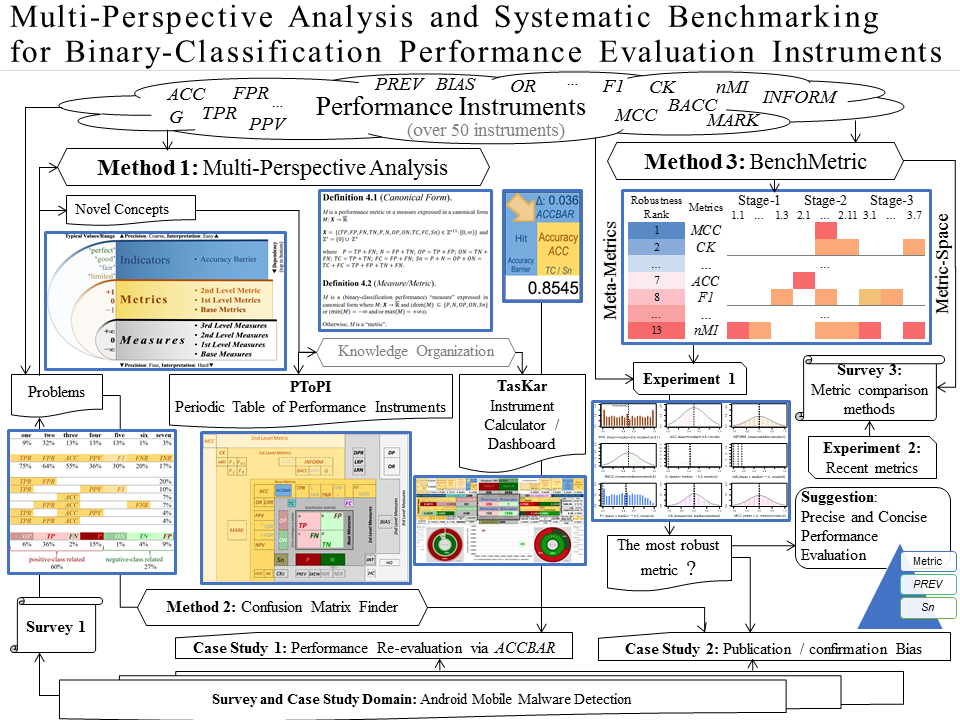YÖK 100/2000 Doktora Burs Programı 'nın aşağıda belirtilen öncelikli alan için Enformatik Enstitüsüne 04 Eylül 2019 Çarşamba günü mesai bitimine (17:00) kadar başvuru yapılacaktır.
Öncelikli alanlar:
● Veri Bilimi/Bulut Bilişim
Başvurular elden basılı dokümanlarla yapılacak olup aşağıda listelenen belgeler Enformatik Enstitüsü Öğrenci İşleri Ofisine teslim edilecektir.
Genel kosullar:
a) T.C. vatandaşı olmak.
b) Doktora programı için yüksek lisans derecesine, Bütünleşik doktora programı için
lisans derecesine sahip olmak.
c) Lisansüstü Eğitim ve Öğretim Yönetmeliğinin ve başvuru yapılacak yükseköğretim
kurumunun belirlediği başvuru ve kabul şartlarını taşıyor olmak.
ç) Kamu kurum ve kuruluşlarının kadro ve pozisyonları ile Devlet veya Vakıf
Yükseköğretim Kurumlarının öğretim elemanı kadrolarında çalışmıyor olmak.
d) Halen devlet yükseköğretim kurumunda doktora eğitimine devam ediyorsa tez
aşamasına geçmemiş olmak.
Gerekli belgeler:
● Transkript (Lisans ve Yüksek Lisans)
● ALES Sonuç Belgesi
● Yabancı Dil Sonucu
● Burs programına başvurmak istediğine dair başvurmak istediği alanı belirten ve iletişim bilgilerini içeren (adres, telefon numarası, e-posta) dilekçe
● Çalışma belgesi (İlgili Makama hitaben yazılacak olup işe başlama tarihi belirtilmiş olmalıdır.)
Halen ODTÜ'de doktora öğrencisi olmayan bursiyer adaylarının başvuru yapacakları öncelikli alanla uygun bir tez konusunda çalışmak üzere ODTÜ'de doktora başvurusu da yapmaları ve kabul edilmeleri gereklidir. Öncelikli alanla ilgili bir bölüm ve tez konusunda doktora öğrencisi olmayan adayların burs başvuruları kabul edilmeyecektir.
Kamu kurum ve kuruluşlarının kadro ve pozisyonları ile devlet veya vakıf yükseköğretim kurumlarının öğretim elemanı kadrolarında çalışanlar ile halen devlet yükseköğretim kurumunda doktora eğitimine devam eden öğrenciler bu burstan faydalanamayacaktır. Tez aşamasına geçmiş olmak için doktora tez önerisi aşamasını başarı ile tamamlamak gerekmektedir.




